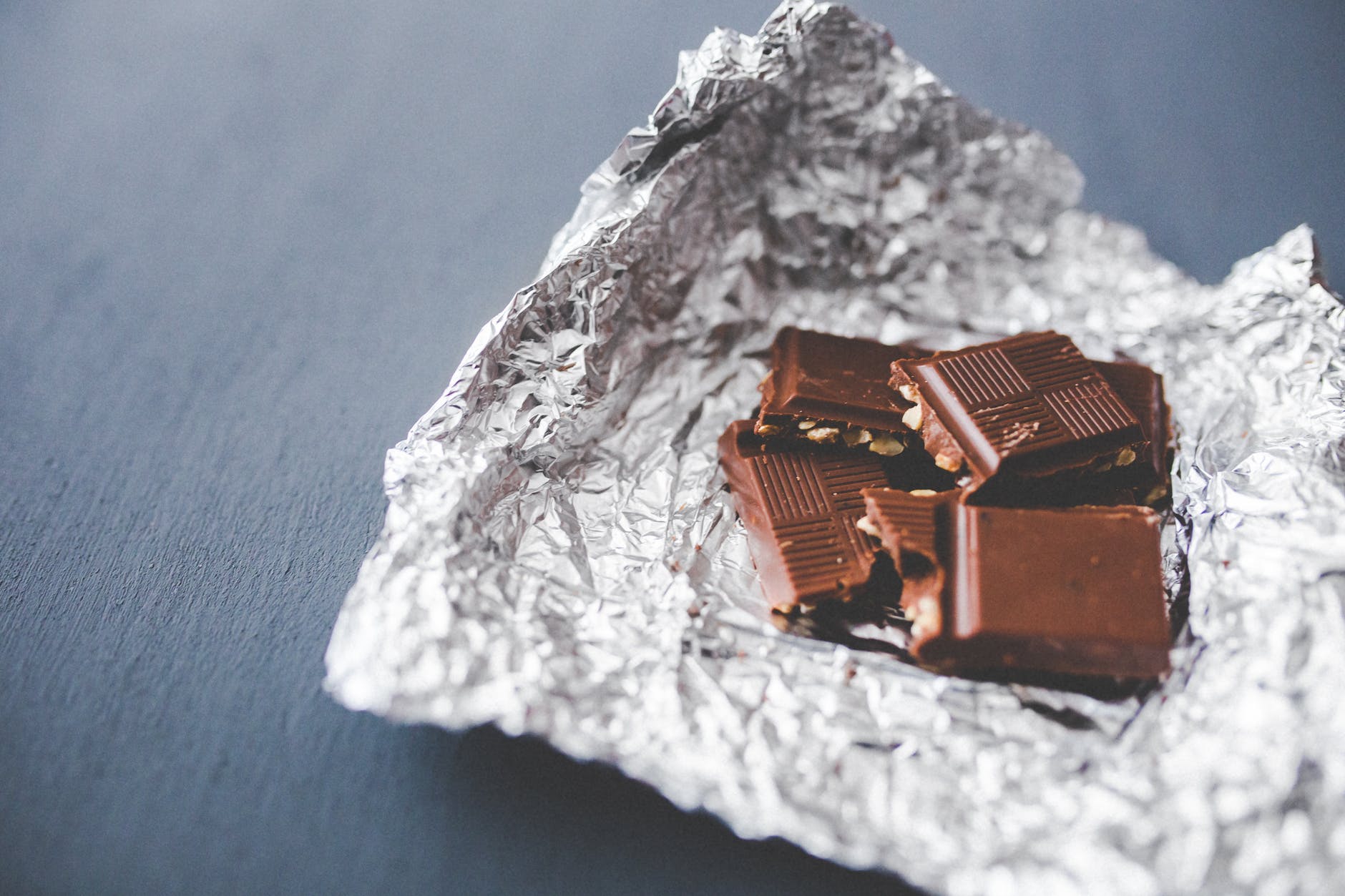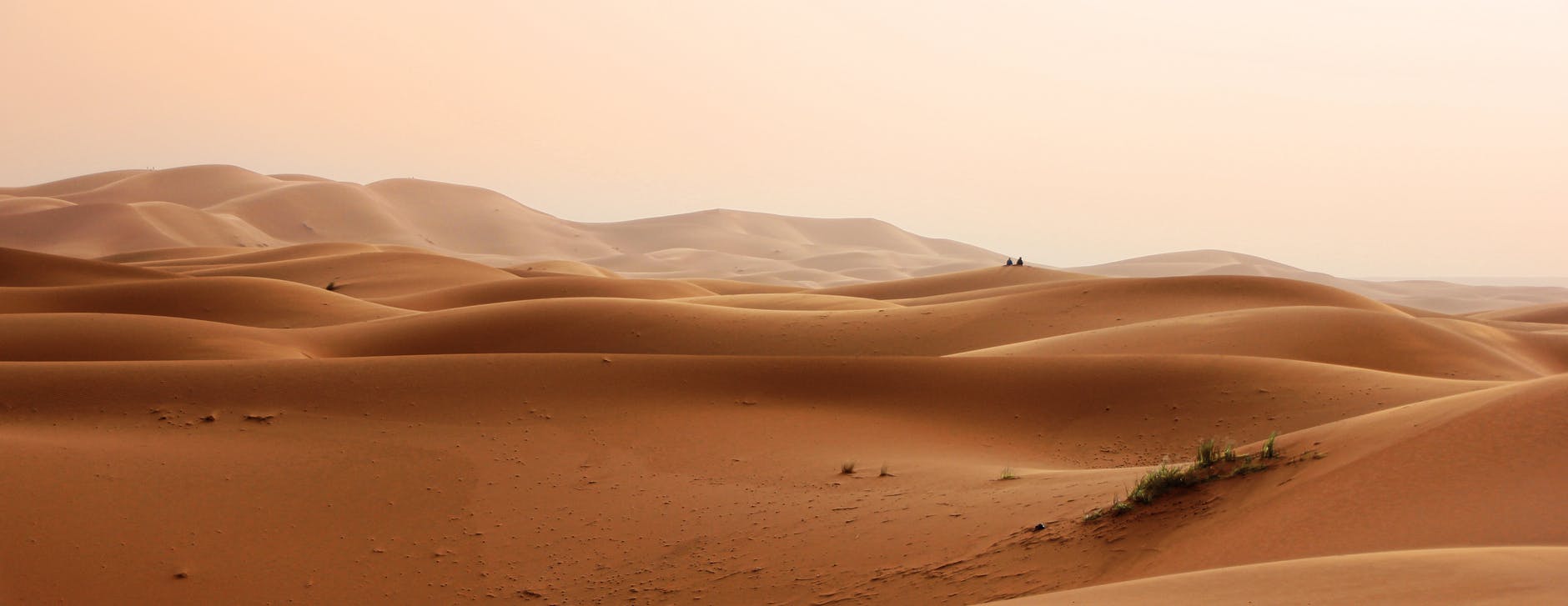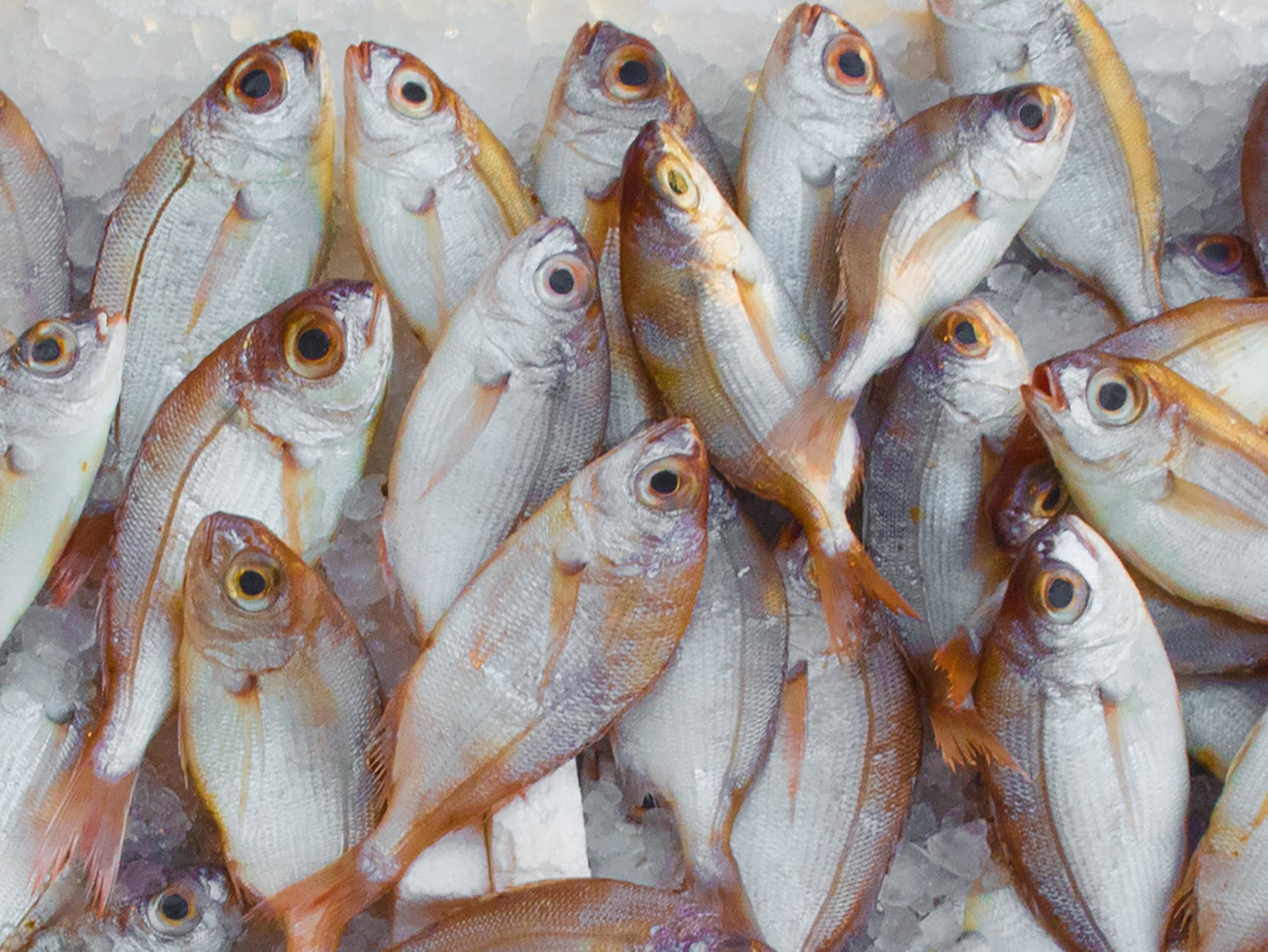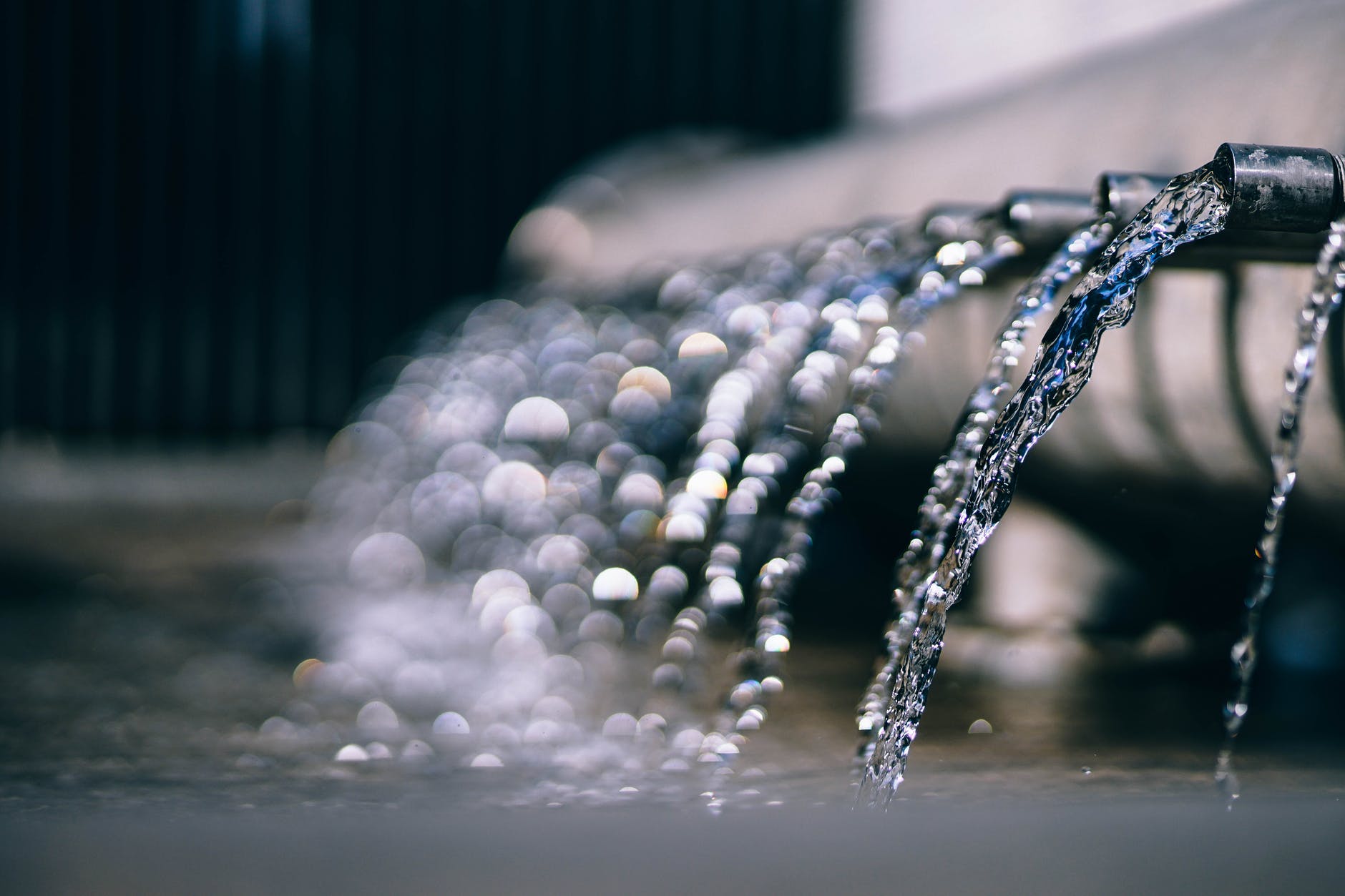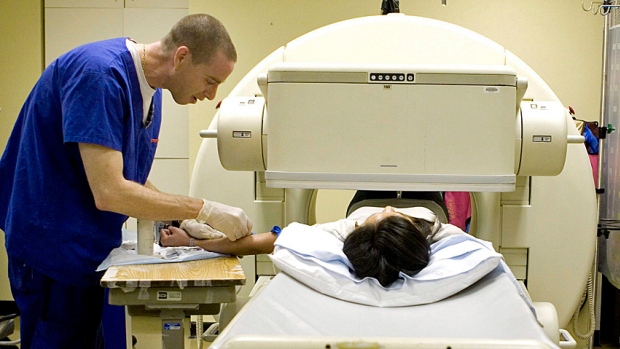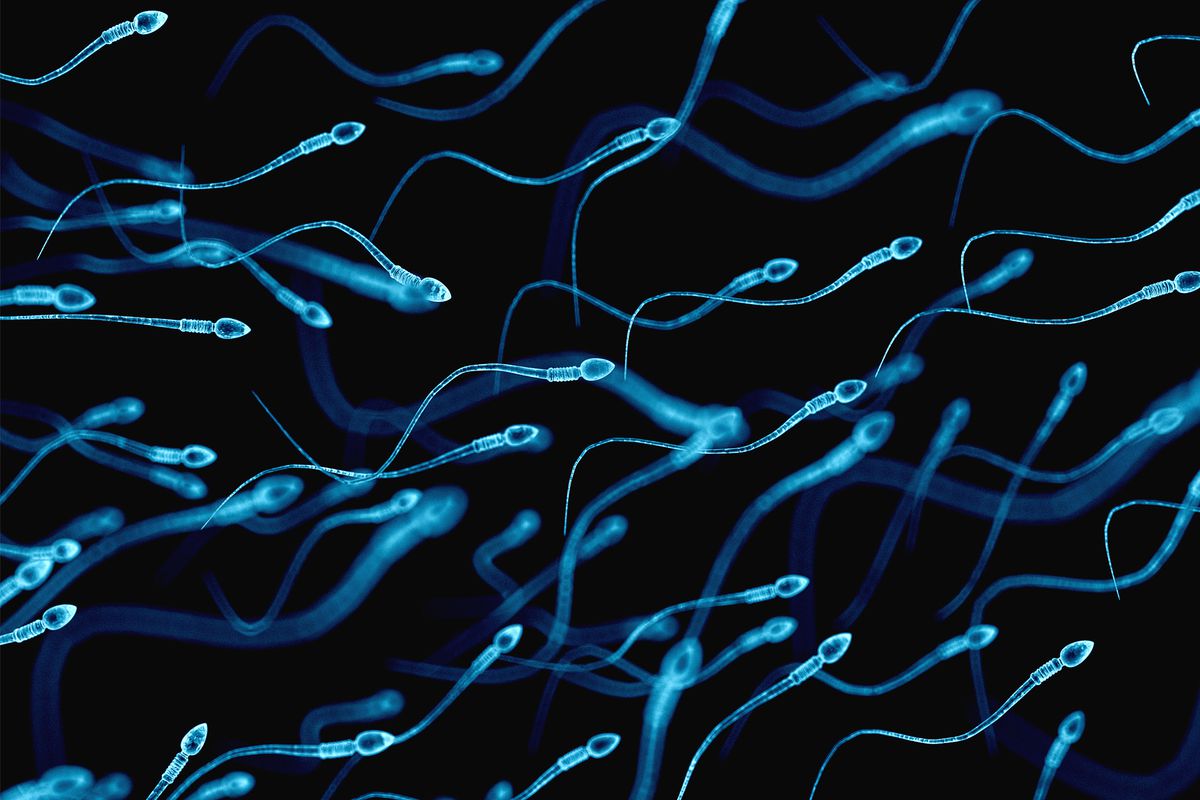We've squandered a lot of the resources our planet has to offer so now there's a lot of things we're running out of.
Here are 10 things you'd be surprised to learn we are running low on, globally.
Antibiotics
Medical research has come a long way where we are able to treat, and even prevent certain diseases from spreading. Sooner than we think, we could actually end up being sent back to the dark ages of medicine.
Thanks to the rise in antibiotic resistant infections, it's quite possible.
More than 50% of the population receives a prescription for antibiotics every year to treat various sicknesses and diseases.
Prescriptions that have been used for decades are being debunked. For example, there are now only two effective treatments for gonorrhea, which affects 78 million people. If left untreated, it can lead to infertility and an increased risk of HIV.
Chocolate
It's time to stock up on M&M's and Mars bars, because everyone's favorite guilty pleasure could be running out.
Producing chocolate is not financially viable. Each new crop of coco takes five years to grow and has to be harvested manually. It can also only be grown in certain areas around the world, typically developing countries.
Most coco plants are grown in West African countries including Ivory Coast, Ghana, Nigeria and Cameroon, who produce a total of 3 billion kilograms a year. Americans alone consume 1.3 billion a year, so production is not able to keep up with the global demand.
Increase in fair trade laws has also made it difficult for farmers to financially keep up, so who knows how long this industry will last.
Sand
While this one may seem hard to believe, because if you go to any beach you will find sand for miles. Deserts are also full of this stuff and they make up 33 percent of the world's landmass. So how can we be running out?
Sand is the most essential item in concrete, and humanity uses a lot of concrete. While the United States uses a lot of concrete, it's nowhere near how much China has been using. Between 2011-2013 China built 32.3 million houses and 4.5 million kilometers of road. By doing this they used more cement than America has used in the entire twentieth century.
Desert sand is eroded by wind, not water, which makes it too fine to be used in construction. This creates a problem where our demand will not be able to keep up with supply.
At this rate, construction workers will need to seek alternative materials in the next 50 years.
Fish
With the way we have been treating our marine life, it's estimated that we could run out of seafood by 2048. This is a huge problem because more than a billion people worldwide depend on fish as their primary source of protein. Also, 120 million people rely on fishing as their primary source of income. It would be a huge impact felt around the world, if we ran out of fish.
Gold
Gold is one of the most sought after luxuries in the world, and it's also one of the more rarest elements.
Since it's so hard to find, we only have twenty years worth of mineable gold reserves left.
After all the gold has been mined, it's value will skyrocket, causing the rich elite to invest in the commodity as opposed to things like real estate, which will stimulate the economy. This could have a serious impact on some of the biggest world's superpowers.
Wine
Drink up everyone, because a global wine shortage is looming. There are a million producers of wine worldwide to sell about 2.8 billion cases a year, but shockingly that's not enough to keep up with demand.
Demand for wine is overwhelming the industry, with millennials reportedly drinking more vino than any of the generations before them.
Environmental conditions have also contributed to a drop in production, which is bad news when you're trying to keep up with a heavy demand.
Phosphorus
We all have phosphorus in our bodies. 90% of the phosphate we mine is used for fertilizer. If it were to vanish off the face of the planet, we likely wouldn't be able to produce enough food for the world's population.
Now that very scary prospect could be only about 30 years away.
With heavy demand being placed on agriculture, meat and dairy, it means we have been mining phosphate at an incredible pace.
Scientists are looking for ways to replace the natural mineral, and some have even created special toilets to extract the element from our urine.
You know it's getting bad when we start using our pee to fertilize crops.
Water
Despite the planet being covered in water, 96% of it we cannot drink. 1.2 billion people around the world do not have access to clean drinking water. It's not just in developing countries that we have a shortage of H20, either.
With increased droughts over the last ten years, even if we experience average rainfall over the next decade, we would still experience water shortages in just about every American state.
This international water shortage is one of the most concerning situations we have to worry about today.
Medical Isotopes
Medical isotopes release short bursts of radiation before decaying into uselessness. It is used in medical scanners to detect bone cancer or kidney and brain disorders. Many Americans go through these procedures every day, so they're kind of a big deal.
Unfortunately we could be facing a massive shortage of these handy substances sooner than we think. The biggest producer of medical isotopes, Chalk River Laboratories, shut down and it seems no one has been able to pick up the slack.
Sperm
While this may seem like a strange entry to the list, it is really essential to mankind. Studies have shown that usable sperm from men from North America, Europe, Australia and New Zealand have halved over the last forty years.
Should this continue, humans could face extinction in the next couple of centuries.
Low sperm counts have been linked to both environment and lifestyle choices. Obesity, smoking, stress and diet are huge health factors that could be playing a role.
Source: Diagonal View


